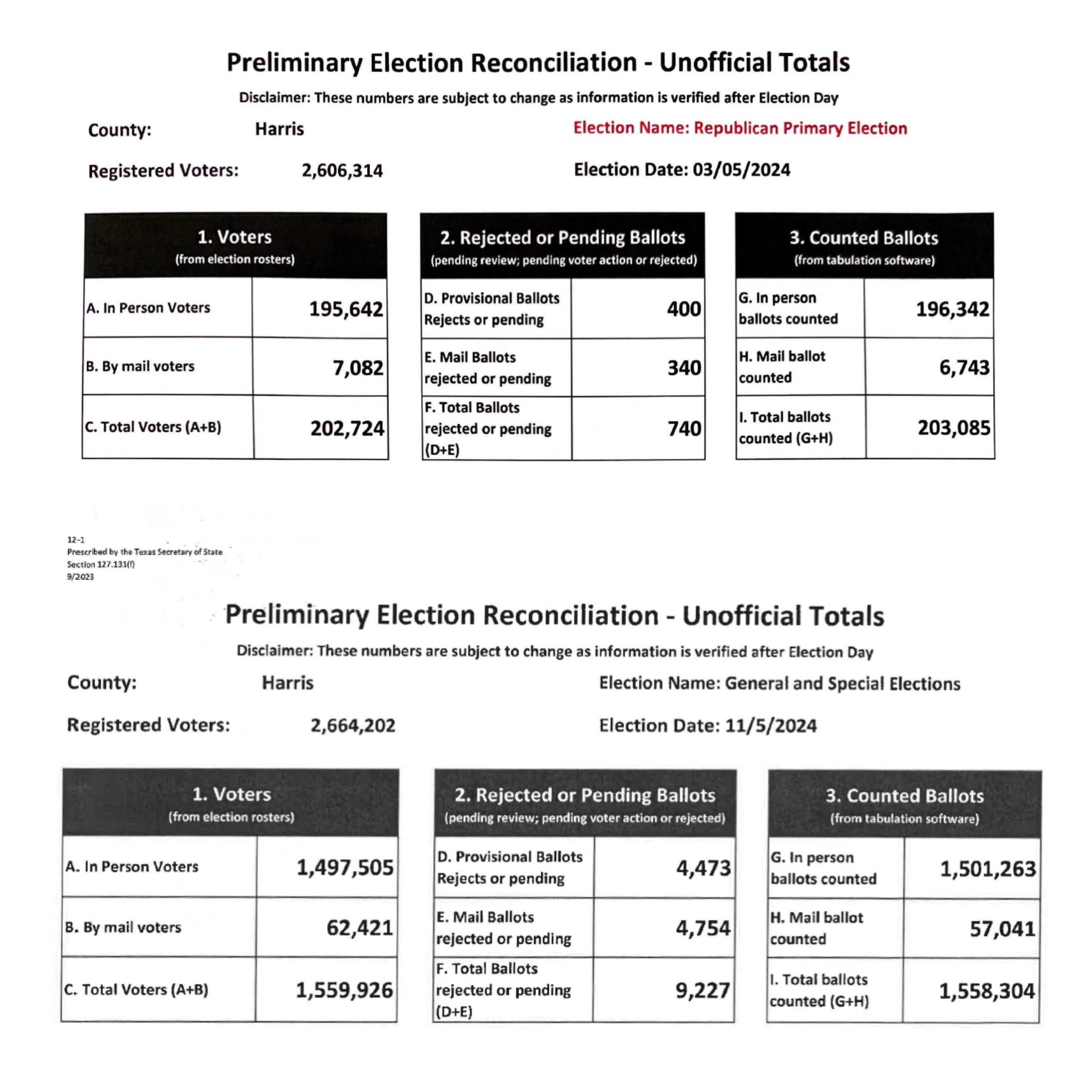Republican Precinct Chair Caucus Forums - Facts not Hyperbole

8/25/2024
Republican Precinct Chair Caucus Forums – Facts not Hyperbole
Historically, school board elections in Texas have been conducted as nonpartisan contests. While this approach aims to focus on local issues over politics, it has resulted in candidates with left-leaning views successfully gaining seats, and sometimes while presenting themselves as conservative or Republican. Given the increasing importance of school board policy decisions, it is a worthwhile effort to consider legislation that would transition these elections into the partisan primary system used by other state races. Such a change would allow voters to evaluate candidates within the context of party platforms before the general election, providing clearer information on their values, priorities, and principles!
What is more important to voters than the education of their children? The primary election process offers a vetted mechanism for voters to become familiar with candidate views aligned with their political affiliations, ensuring informed choices in the general election.
Why do party affiliations matter in school board elections? Political parties represent distinct principles and platforms that reflect candidates' worldviews. While we recognize the importance of keeping politics out of the classroom, politics and core values inevitably influence policy decisions made by school boards. Having representatives whose values align with those of their community helps ensure policies reflect shared priorities.
What happens when you do not have a primary process and the election is considered a non-partisan election? In nonpartisan elections, voters often rely on early forums to learn about candidates. Since 2021, the “Republican CyFair Precinct Chair Caucus” has organized such forums, aiming to promote informed participation, and candidate evaluation among precinct chair party leaders. These forums were held again in 2023 and 2025, which followed structured processes similar to official party conventions, including rule setting, candidate forums, straw polls, and final votes to advance the strongest candidates. The Republican Party then completes an endorsement process, which includes these datapoints as part of its overall endorsement decision making process. We get the government we participate in!
Regarding participation, the “2025 CyFair Precinct Chair Caucus Forums” demonstrated a robust engagement rate of 65% of precinct chairs. This participation significantly exceeds the typical turnout for Republican primary voters, which was roughly 13% of general election voters in 2024 according to Harris Votes County data. This comparison highlights active involvement of party officials in the caucus forums leads to better candidate selection.
To summarize:
Republican Primary voter participation (2024): 13% (202,724 of 1,559,926 general election voters)
Republican Precinct Chair Caucus participation (2025): 65% (56 of 86 filled precinct chairs)
These active caucuses contribute to informed candidate selection, and engagement within the community based on party principles, platforms, and community values of faith, family and freedom. Prayerfully at some point the Texas Legislature will eliminate non-partisan races and include them in the primary process as nothing is nonpartisan about our children, the community and fiscal responsibility!
Avoiding Republican Lane Splitting
An additional attempt by the "Republican Precinct Chair Caucus" was not only to verbally on multiple occasions to ask the candidates if they will abide by the will of the caucus, but we asked them to sign a candidate pledge as well. All candidates except one abided by the spirit and intent of the candidate pledges. All agreed both verbally and in writing to accept the will of the caucus to avoid having multiple Republican candidates run causing Republican Lane spitting.
Natalie Blasingame Candidate Pledge
Radele Walker Candidate Pledge
George Edwards Candidate Pledge
Shawn Dandridge Candidate Pledge